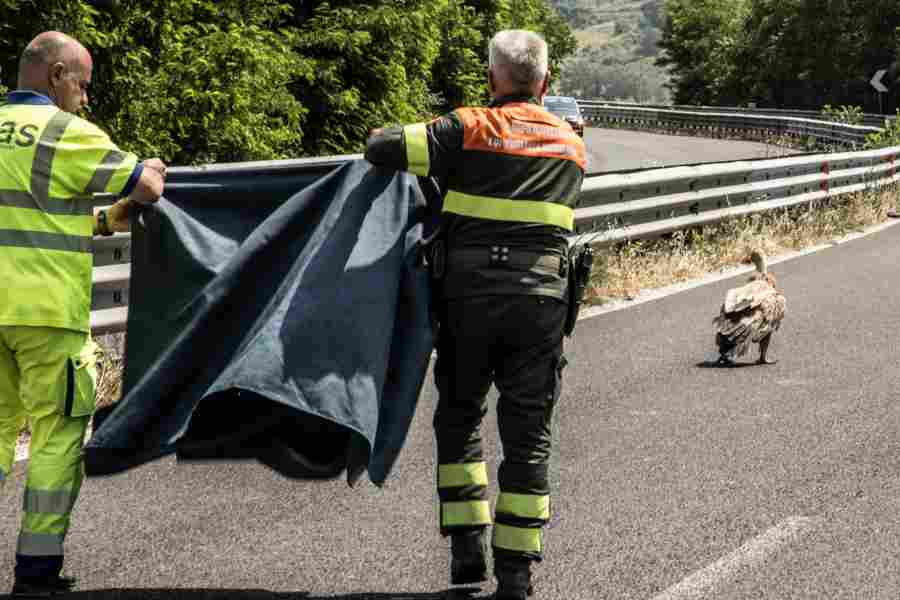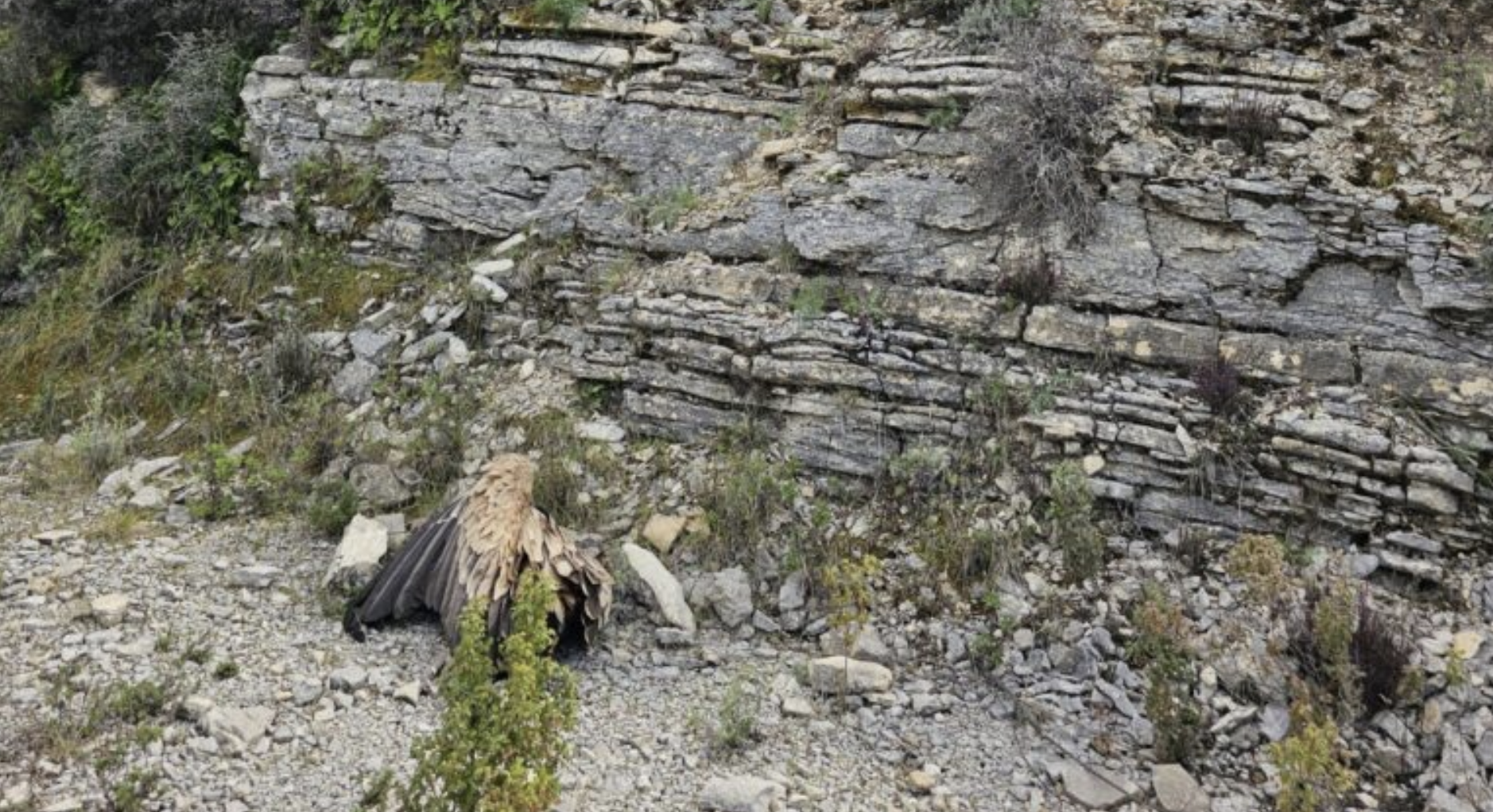A new research published in Proceedings of the National Academy of Sciences shows that Griffon Vultures tend to choose the same roosting space, follow the same paths and have more selective, but stronger, social bonds when they get older. Just like what happens for people, aging makes Griffon Vultures creatures of habit. A deeper understanding of Griffon Vultures habits may help conservationists better protect this species.

If getting older for you means visiting more often your favourite places and having stronger relationships with fewer people, you may be aging like a Griffon Vulture.
A study recently published in Proceedings of the National Academy of Sciences analysed the behaviour of 142 Griffon Vultures in Israel between 2008 and 2022. The scientists used GPS data to better understand the animals movements and habits.
Griffon Vultures (Gyps fulvus) are long-lived scavengers: they can live beyond the age of 40 in captivity, while in the wild they usually live a little longer than 28 years old. In the study area, they rarely live past the age of 24. The causes of their premature mortality are often attributable to human activities. Griffon Vultures have also a slow life cycle, meaning that they reach sexual maturity later than other species. In fact, they are sexually mature after the age of 5, and if they breed, they lay only one egg each year. This species is a highly social one. They use complex social cues to communicate with one another both during long seasonal flights and at roosting areas. In addition, their behaviour changes over time, as it happens for a lot of other species, humans included.
What does “getting old” mean for Griffon Vultures?
Young, sexually immature individuals differ from mature individuals both in their appearance and behaviour in many species, including Griffon Vultures.
Young Griffon Vultures can be recognised by their overall darker colour and the brown ruff around their neck, which becomes white as they age. According to the researchers, young individuals differ from the mature ones also in a number of behavioural traits. Before the age of 5, they explore a lot, making their movement less predictable. They visit many different roosting sites and stop over for short periods of time. Young vultures are also very sociable. These traits are vital for an individual that is still looking for its mate and needs to learn about its environment.
With sexual maturity (at 5 years old), and with old age (from 15 years old), these behaviours dramatically change. Mature and old Griffon Vultures show a rapid increase in “roost fidelity”, indicating that they return to the same roost each night. The researchers observed that they spend 80% of their nights at 20% of the available roosting sites. Moreover, the older they get, the more predictable their routines become: they visit roosts following a clear ordered sequence. This selectiveness is mirrored by changes in the vultures’ social behaviour. Older individuals, in fact, interact less with each other, particularly during the breeding season.
These changes in behaviour might come from a competitive advantage of older vultures over the younger ones. Mature vultures not only need less information in the long-term, but they are also better equipped to compete for resources.

Why roosts are so important?
Roosting sites cover a crucial role in Griffon Vultures sociality. Different individuals converge on the same site to rest and digest, but also to learn from one another. The first vital information shared at these sites is the location of carcasses. Finding food for obligate scavengers like Griffon Vultures can be tricky. When they find a carcass, they tend to roost nearby until it is completely consumed. Therefore, roosting together means having easier access to food. In addition, roosts are the perfect place to find a mate.
The behavioural changes shown by Griffon Vultures as they age, may influence space use and the spread of infectious diseases. They may even play a role in how populations adjust to environmental changes. While young individuals may be agents of change, adopting novel behaviour to adapt, old vultures may shift behavioural strategies learned over their lifetime.
Understanding how Griffon Vultures behave, and how their behaviour changes with age, has potential consequences for their conservation. For example, it could help focus conservation efforts on areas where individuals of all ages spend most of their time, protecting the majority of the population using less resources.



